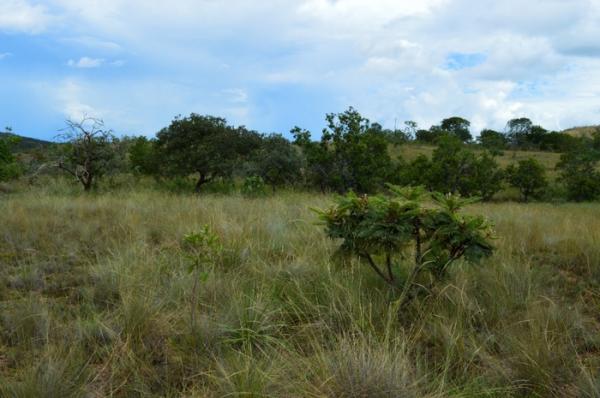The São Francisco River drainage basin in Brazil’s Northeast region contains a substantial portion of the savanna-like Cerrado biome as well as large areas of Caatinga semi-arid thorn forest and some smaller fragments of Atlantic Rainforest. The Cerrado, which occupies the central part of the basin, is a complex biome with various physiognomies, from open grassland and brush with no trees to closed-canopy woodland.
Tree cover density is a variable of the greatest ecological importance in this biome, profoundly influencing such factors as fire propagation, wildlife, the hydrological cycle, and the carbon balance. Accurate reconstructions of past vegetation are key to understanding current plant distribution and diversity in the Cerrado and to projecting future scenarios.
A study recently published in Quaternary Science Reviews by Brazilian scientists shows that tree density in the Cerrado has been controlled mainly by the length of the dry season in past 45,000 years.
The study was part of the master’s research of Jaqueline Quirino Ferreira. The principal investigator was Cristiano Mazur Chiessi, a professor at the University of São Paulo’s School of Arts, Sciences and Humanities (EACH-USP). It was funded by FAPESP via two projects (18/15123-4 and 19/24349-9), linked respectively to the Research Program on Global Climate Change (RPGCC) and the Research Program on Biodiversity Characterization, Conservation, Restoration and Sustainable Use (BIOTA).
Read more at Fundação de Amparo à Pesquisa Do Estado de São Paulo
Image: The ongoing climate changes may produce a similar trend in the last part of the twenty-first century (Credit: Jaqueline Quirino Ferreira)


